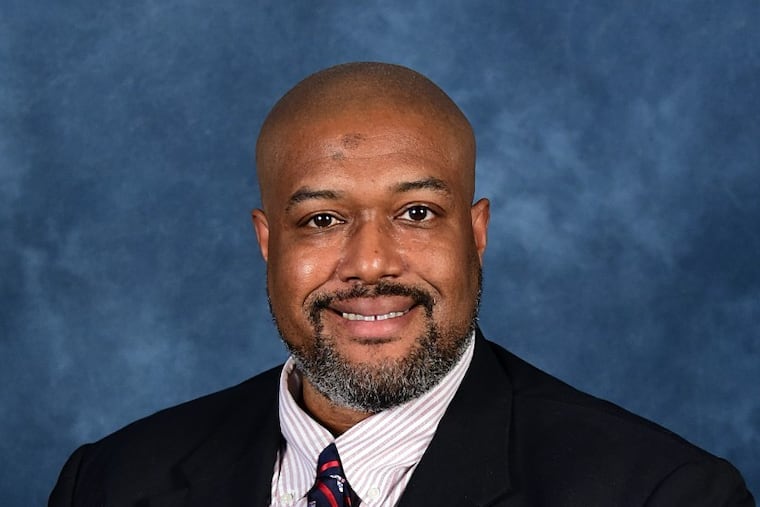A $90 million Wharton and Wall Street partnership will prep students of color for careers in finance
The Wharton-AltFinance institute will offer virtual classes, and just named its first director, Daniel Young.

A successful career in finance requires three things, according to Daniel Young: coursework, internships, and mentoring.
“All three together are the silver bullet,” said Young, the director of the new Wharton-AltFinance “Investing in Black Futures” initiative, funded with $90 million from Wall Street investment firms Apollo Global Management Inc., Ares Management Corporation, and Oaktree Capital Management.
Two of the firm executives, Marc Rowan from Apollo and Howard Marks of Oaktree, are alumni of the University of Pennsylvania.
The AltFinance initiative aims to recruit, train, and mentor students at historically Black colleges and universities, and the virtual institute could invite other colleges. Set up under a nonprofit, ALT Finance, the Wharton-AltFinance program was announced in summer 2021, and this year named its first director — 46-year-old Young.
Undergraduates at four HBCUs Howard University, Clark Atlanta University, Morehouse College, and Spelman College are eligible to enroll for classes starting this fall. The program has enrolled 31 students so far. The noncredit courses are designed to enhance the students’ studies in their degree programs.
Each investment firm is contributing $3 million a year for 10 years, one of the first major commitments to open the “alternatives” industry to Black students.
The Wharton School will create the “virtual” institute and coursework, according to spokesman Peter Winicov.
For Young, the directorship is the culmination of a career in academia and finance. He holds University of Delaware undergraduate and masters’ degrees and a doctorate from Temple, and worked for 13 years as a financial adviser to retail investors.
“Out of college, I learned all the basics of finance, but there wasn’t anyone else in my office who looked like me. It can be a very lonely field for people of color. Some may not trust your expertise, especially when you’re younger.”
Young recalls making sure that, as a Black financial adviser, he was overly prepared and composed when meeting prospective investors, and “still, I had a few people just walk out when I showed up. Nothing prepares you for that.”
After the murder of George Floyd and the ensuing protest movement for racial equity, Wall Street investment funds were searching for ways to seek more job candidates of color.
The Wharton-AltFinance program aims to be one avenue to attract potential candidates in the field of “alternatives” — not traditional stocks and bonds, but sectors such as private equity, venture capital, peer-to-peer lending, and other non-traditional investments.
Wharton dean Erika James worked with the three firms to create the program, which includes the fellowship for 31 sophomores and juniors in the first cohort this fall; mentorships and internships for these fellows, and third, scholarship money.
The fellowships are open to rising sophomores and juniors attending AltFinance’s HBCU partner institutions. Students with a 3.3 GPA or higher are considered most competitive.
Wharton-AltFinance’s Young and other professors will create the coursework, offered through a “virtual” institute with content developed by Wharton professors and finance professionals. Courses may include personal finance, financial modeling using Excel, and advanced topics such as leveraged buyouts, such as those used in private equity deals. (See Elon Musk’s recent deal to buy Twitter, one of the top 10 largest LBO deals in recent decades.)
The Wharton-AltFinance coursework could one day be offered to all 70 accredited HBCUs in the country, Young said. Although not for credit, the courses will “represent a badge or a credential to supplement their education and degree.”
Ares, Apollo and Oaktree “also want a bigger bench,” he said, so they can hire fellowship students into their ranks.